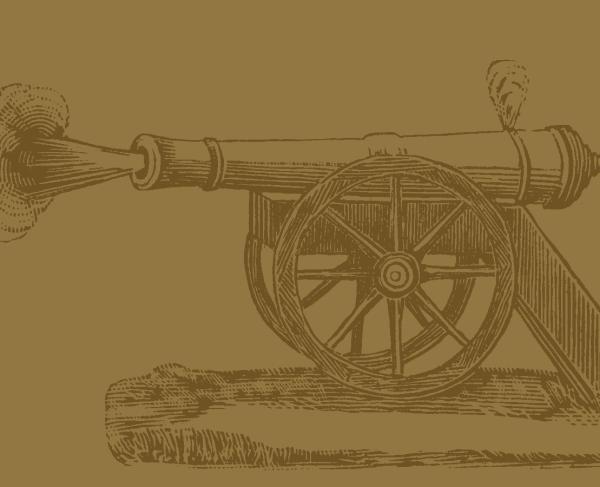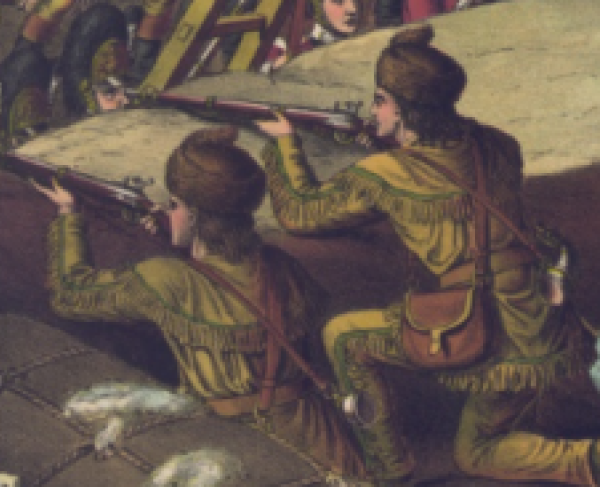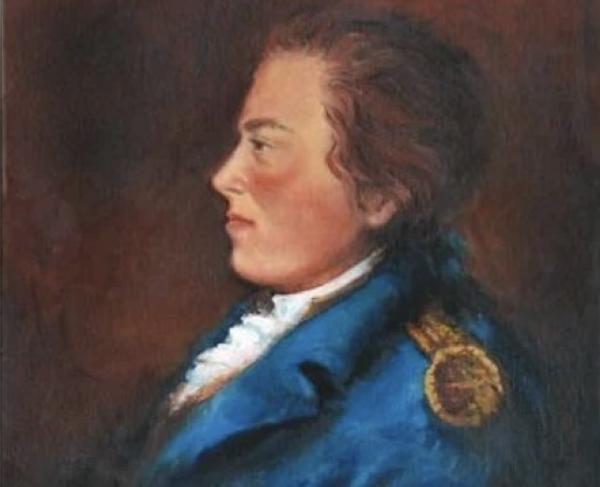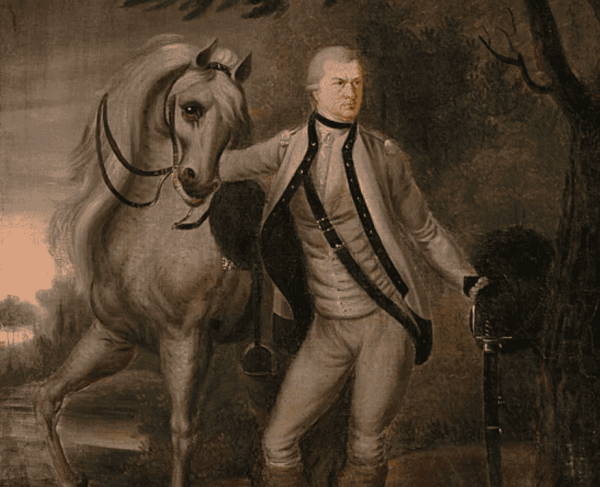Henry Rugeley

Colonel Henry Rugeley was a prominent South Carolina Tory who earned a commission in the British army after the siege of Charleston in 1780. While the nineteenth-century historian Lorenzo Sabine suggested that Rugeley was “a Loyalist with a foot in each camp,” who maintained important connections with figures like South Carolina’s Patriot Governor, John Rutledge, Rugeley decided to take up arms for the British and commanded a regiment of the Camden Militia in the Revolutionary War’s Southern Theater in 1780.
Rugeley owned an estate in South Carolina, known as Clermont, that would play a role in both the war’s southern theater and his own military career. The estate was located about twelve miles north of Camden, where the Patriots had suffered a disheartening defeat in August of 1780. In December of that year, Patriot Colonel William Washington led an exploratory mission turned raid against the property, under the orders of General Daniel Morgan, which became known as Rugeley’s Mills or Rugeley’s Fort. During Washington’s raid, as many as 112 loyalists, who had been hiding in Rugeley’s barn, surrendered to the Americans and were taken prisoner. Though Rugeley’s barn was heavily fortified, Washington outwitted the commander with the “Quaker gun trick,” fashioning fake cannons from pine logs and threatening to fire upon the building. Knowing the fort would not withstand artillery, and failing to recognize Washington’s trick, Rugeley and the loyalists surrendered. The Patriots confiscated Rugeley’s estate, along with the supplies being stored within.
The colonel’s reputation suffered a serious blow following the events at Rugeley’s Mills, and his career in the military was effectively ended. After the surrender, General Charles Lord Cornwallis reportedly wrote to Banastre Tarleton that “Rugeley will not be made a brigadier.”


